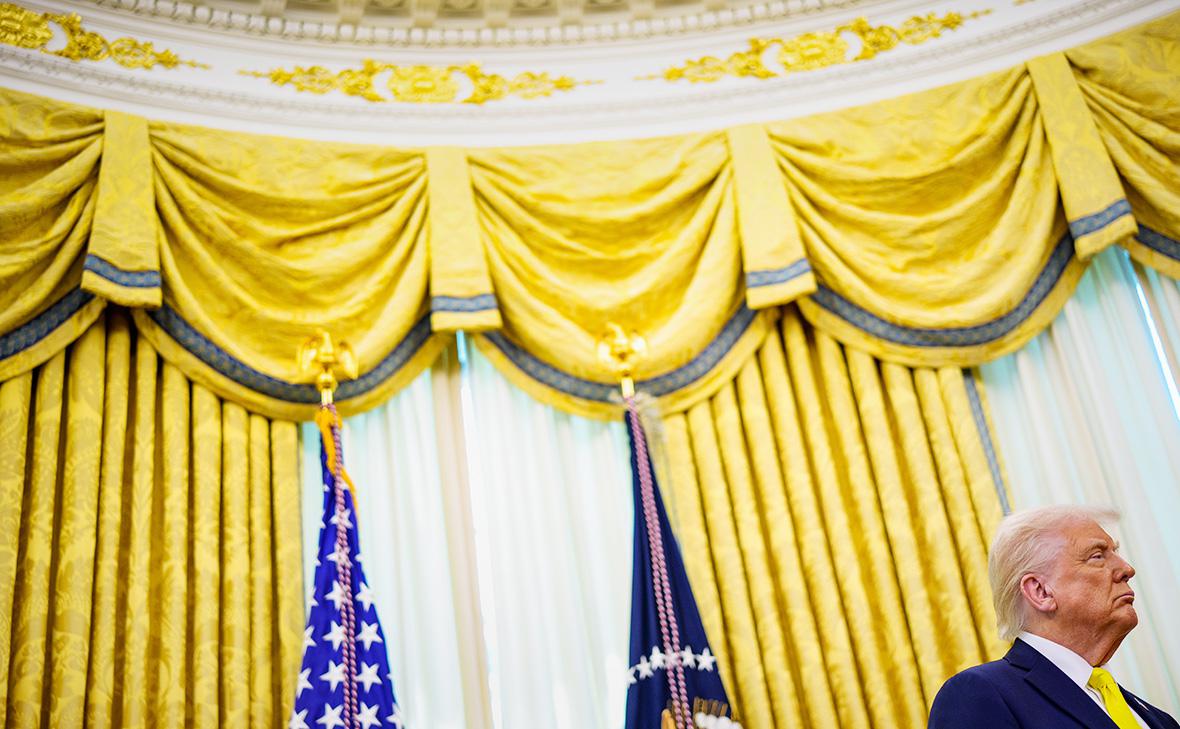
The White House is set to implement a plan to downsize the State Department, eliminating several divisions and positions, including those overseeing human rights and international organizations. Additionally, the hiring criteria for diplomats will be revised. This move signifies a significant shift in the priorities and structure of the State Department, raising concerns about the future of U.S. engagement in global affairs and its commitment to human rights.
The Underlying Themes and Concepts of Restructuring the State Department
The recent decision by the White House to reduce the State Department’s staff, eliminate certain departments and positions, including those overseeing human rights and international organizations, and revise the hiring criteria for diplomats has raised concerns and stirred debates. While this move might seem controversial, it provides an opportunity to explore the underlying themes and concepts that support the need for restructuring and propose innovative solutions and ideas for the future.
The Need for Efficiency
One of the underlying themes behind the decision is the pursuit of greater efficiency within the State Department. As diplomacy evolves in a rapidly changing global landscape, streamlining operations becomes paramount. By eliminating redundant departments and positions, the State Department can allocate its resources more effectively, directing them towards areas of greater strategic importance.
While critics argue that reducing staff may hamper the department’s ability to fulfill its diplomatic duties, innovative solutions can mitigate any potential negative impact. Embracing technology and automation can optimize processes, allowing diplomats to focus on higher-value tasks such as relationship-building and conflict resolution. By leveraging artificial intelligence and machine learning, the State Department can enhance its capabilities and efficiency, enabling diplomats to better navigate complex diplomatic challenges.
Embracing a Holistic Approach to Diplomacy
Another crucial concept underlying the restructuring decision is the need to adopt a more holistic approach to diplomacy. The world today faces a multitude of interconnected challenges such as climate change, global health pandemics, and cybersecurity threats. Recognizing the interdependence of these issues, the State Department aims to reposition itself as a more integrated and adaptable diplomatic force.
By consolidating departments that oversee human rights and international organizations, the State Department can foster stronger collaboration and coordination among different sectors. This interdisciplinary approach allows diplomats to address complex issues holistically, working towards comprehensive solutions that promote stability, security, and prosperity for all nations.
Innovative Hiring Criteria for Diplomats
Revisiting the criteria for hiring diplomats is another fundamental aspect of the restructuring plan. Traditional qualifications, such as academic background and linguistic skills, remain essential but may no longer be sufficient in a rapidly changing world. The State Department recognizes the need for diplomats who possess a diverse range of skills, including technological literacy, cultural understanding, and innovative thinking.
By broadening the hiring criteria, the State Department can tap into a wider pool of talent and perspectives. This infusion of fresh ideas can supplement the expertise of career diplomats, resulting in a more dynamic and adaptable diplomatic corps. Additionally, the inclusion of individuals with non-traditional backgrounds can enhance the department’s ability to engage with new stakeholders, promote cross-cultural understanding, and navigate emerging global challenges.
In conclusion, the decision to restructure the State Department presents an opportunity to reimagine and enhance diplomatic efforts. By prioritizing efficiency, embracing a holistic approach, and revisiting hiring criteria, the department can adapt to the evolving global landscape. Through the use of innovative solutions and ideas, the State Department can strengthen its role as a leading force in international relations, effectively addressing the complex challenges of the 21st century.
The decision of the White House to reduce the staff of the State Department and eliminate certain divisions and positions, including those responsible for human rights and international organizations, has raised concerns and sparked debates among experts in the field. This move signals a significant shift in the priorities and approach of the current administration towards diplomacy and international engagement.
By downsizing the State Department, the White House is likely aiming to streamline operations, cut costs, and align the department’s activities with its own foreign policy objectives. However, such a reduction in staff could have far-reaching consequences for the United States’ ability to effectively engage with other countries, address global challenges, and promote its values and interests on the international stage.
The elimination of bureaus overseeing human rights and international organizations is particularly concerning. These divisions play a crucial role in advocating for and monitoring human rights standards globally, as well as coordinating with international bodies and fostering multilateral cooperation. Without these bureaus, the United States risks losing its influential voice in shaping global human rights policies and could face difficulties in effectively addressing human rights abuses and violations around the world.
Furthermore, the changes in the hiring criteria for diplomats could have significant implications for the composition and expertise of the diplomatic corps. It is essential to have a diverse and knowledgeable group of diplomats who can navigate complex international issues and build relationships with foreign counterparts. Restricting the hiring criteria may limit the pool of talent available to the State Department, potentially undermining its ability to effectively represent and advance U.S. interests abroad.
Looking ahead, it remains to be seen how these changes will impact U.S. diplomacy and its ability to address pressing global challenges. The State Department will need to carefully manage the transition and ensure that core functions and expertise are not compromised. It will also be crucial for the administration to communicate its rationale and long-term vision for these changes to maintain confidence and support both domestically and internationally.
In the face of an increasingly interconnected and complex world, diplomacy and engagement are vital tools for promoting stability, resolving conflicts, and advancing national interests. As such, it is essential for the White House to strike a balance between efficiency and effectiveness in its efforts to reshape the State Department.
Read the original article
